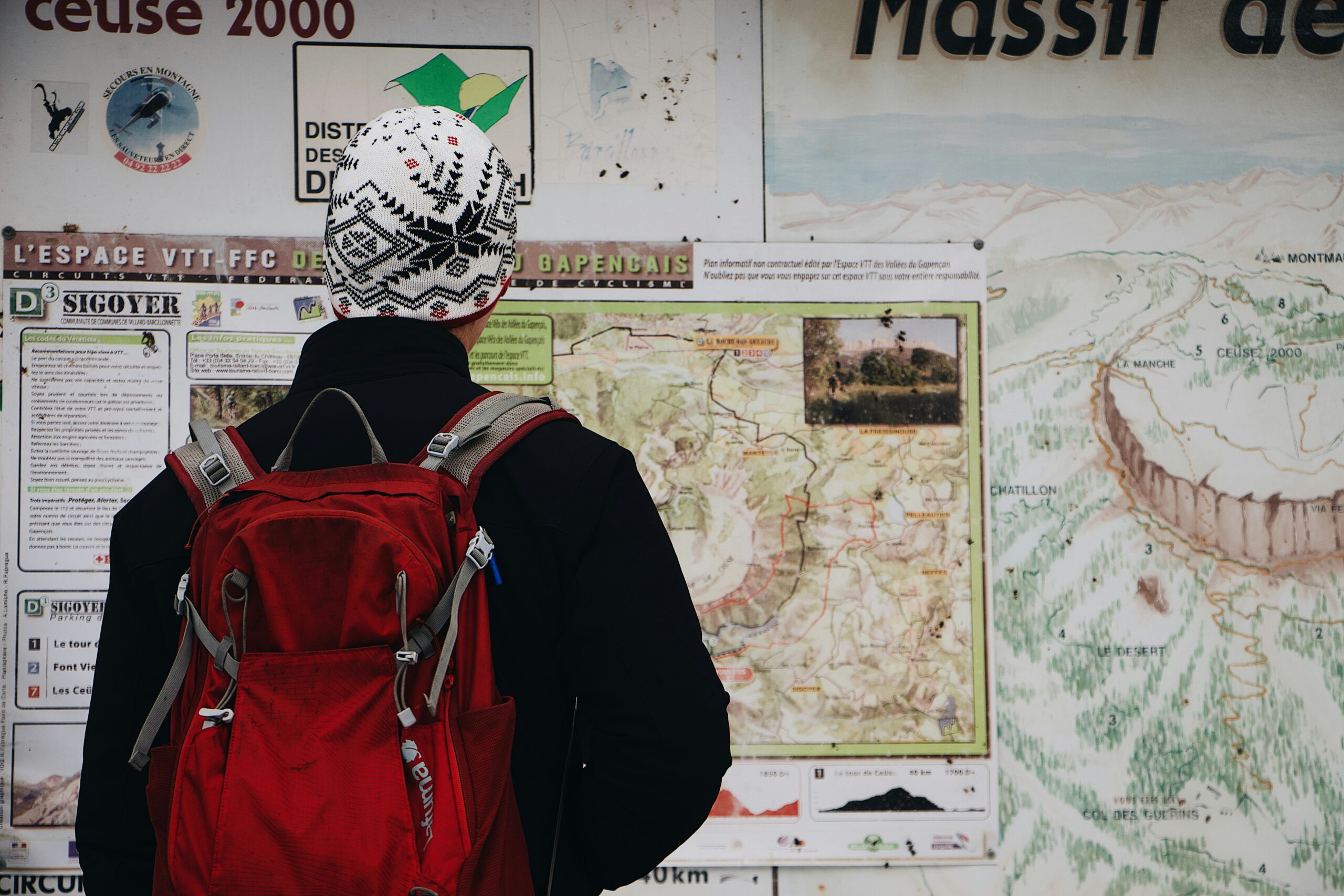
Travel is more than just visiting new places. It is about learning, understanding, and connecting with the world in ways that change how we see life. Exploring cultures goes deeper than sightseeing. It means experiencing traditions, values, and lifestyles that shape communities across the globe. Whether you’re wandering through busy city streets or relaxing in small villages, every moment offers a chance to grow and see the world from a new point of view.
Immersing Yourself in Local Traditions
One of the most rewarding parts of exploring cultures is joining in on local traditions. These can be festivals, rituals, or community gatherings that bring people together. For example, in Japan, taking part in a tea ceremony can teach you about respect, patience, and harmony. In Mexico, joining the Day of the Dead celebrations helps you see how love for family can bridge life and death.
When you attend these events, it is essential to do so with respect. Learn the meaning behind the traditions before joining in. Dress appropriately and follow local customs. This shows that you value their culture and are not just a visitor, but a willing participant. Small actions, like using the local greeting or learning a few words in their language, can open doors to deeper connections.
In many countries, traditional clothing plays an essential role in ceremonies. Trying on local attire with permission can help you feel more connected to the event. However, it should be done respectfully, understanding its cultural value rather than treating it as a costume.
Discovering the Flavors of the World
Food is one of the best ways to connect with a culture. Every bite tells a story of history, geography, and community values. When exploring cultures, eating like a local can reveal flavors and traditions that you cannot find in a guidebook. A bowl of pho in Vietnam is not just a meal—it is a reflection of family recipes passed down for generations. Freshly baked bread in a small French village is more than food; it is a daily ritual that shapes community life.
Street food is often the heart of local cuisine. Vendors serve dishes made with care, usually perfected over decades. In Thailand, the aroma of sizzling pad Thai fills the air. In Turkey, the taste of freshly made baklava offers a sweet look into the nation’s culinary pride.
Cooking classes are also a great way to dive into a new culture. You can learn how to prepare traditional dishes and understand why certain ingredients are used. This is more than just learning recipes—it is about gaining insight into the values and lifestyle of the people who create them.
Connecting Through Art and Music
Art and music are powerful expressions of cultural identity. They tell stories that words alone cannot capture. When exploring cultures, visiting art galleries, street murals, and music performances can give you a deeper understanding of a community’s history and emotions.
In some places, art is a way to preserve traditions. Indigenous carvings, pottery, and weaving often carry symbols that represent stories of creation, nature, and heritage. By supporting local artists, you also help keep these traditions alive.
Music has the power to connect people across language barriers. In Spain, the passion of flamenco can be felt even if you don’t understand the lyrics. In West Africa, the beat of the djembe drum can make you feel part of the rhythm of life there. Attending live performances or even joining in a dance can make you feel like you belong, even if only for a moment.
Workshops can also give you a chance to learn creative skills from locals. Whether it is painting, pottery, or learning a traditional instrument, these experiences help you take a small piece of that culture home with you.
Experiencing Daily Life Abroad
While famous attractions are exciting, real cultural understanding often comes from simple, everyday life. Spending time in local neighborhoods, markets, and parks lets you see how people live, work, and relax. When exploring cultures, it is valuable to step away from tourist areas and join the rhythm of daily life.
Markets are especially rich in cultural exchange. You can see the foods people eat, the crafts they make, and the way they interact. Bargaining at a market in Morocco or chatting with a baker in Italy can teach you as much about a culture as visiting a museum.
Public transport is another way to get a closer look at local life. Riding a bus or train allows you to observe how people move through their Day. It is a chance to hear the language, notice social customs, and even strike up conversations.
Staying in locally owned accommodations can also enhance your experience. Guesthouses, homestays, and small inns often offer more personal interactions. Your hosts can share insider tips, family stories, and perspectives you would not get in a large hotel.
Respecting and Preserving Cultural Heritage
As travelers, we have a responsibility to protect the cultures we explore. Respect is key when engaging with traditions, historic sites, and communities. Many places are facing challenges due to tourism, such as overcrowding, environmental damage, and loss of authenticity. Being mindful of your impact ensures that others can enjoy these cultures in the future.
When visiting sacred sites, follow all rules and dress codes. Taking photos may be restricted in some areas to protect spiritual traditions. Always ask before photographing people, especially in rural or indigenous communities.
Supporting local businesses is another way to preserve culture. Buy crafts directly from artisans instead of mass-produced souvenirs. Choose restaurants and tours run by locals to keep money in the community.
Learning about the history of the place you are visiting helps you understand its struggles and triumphs. This knowledge makes you a more responsible traveler and allows you to share accurate stories with others when you return home.